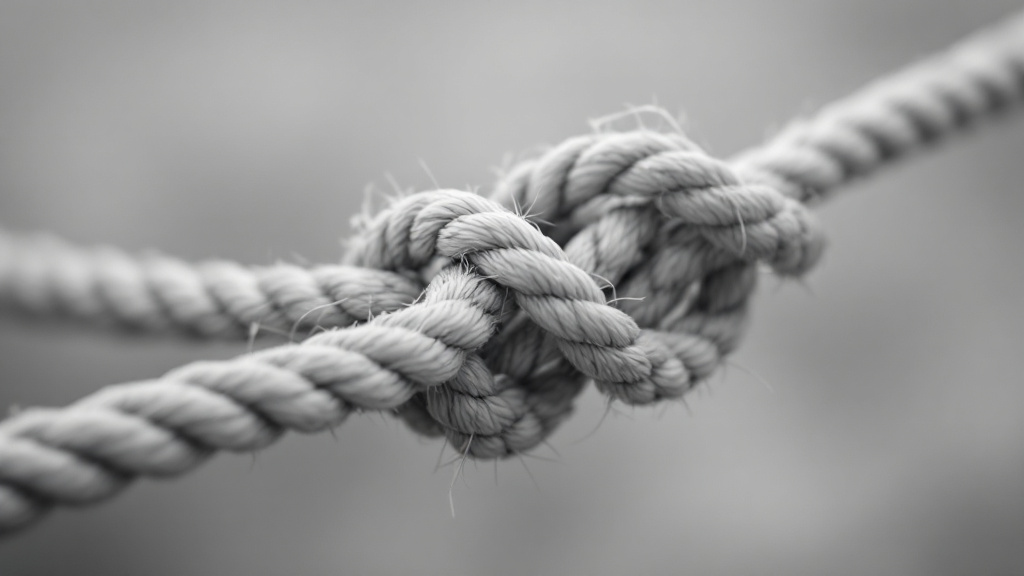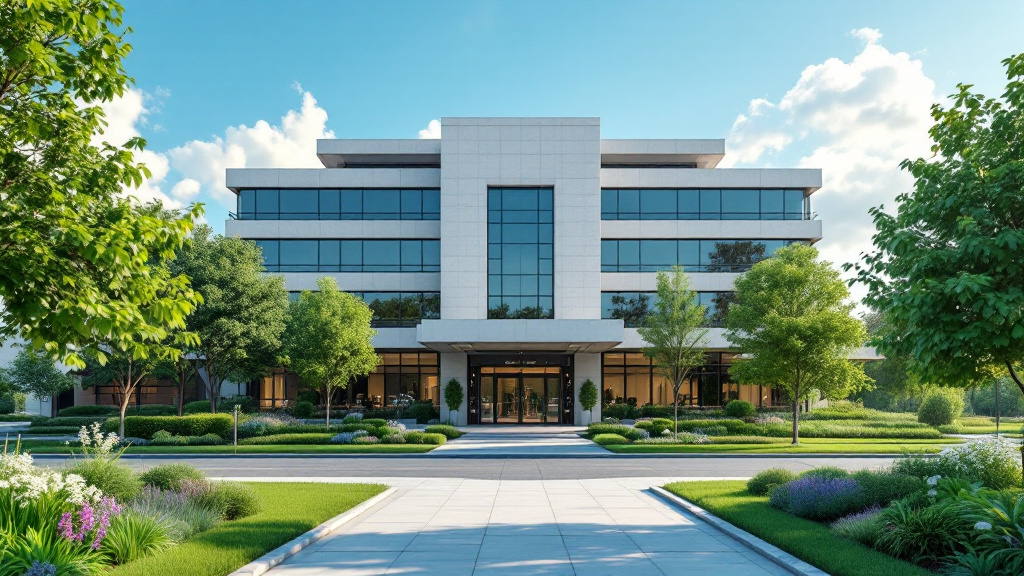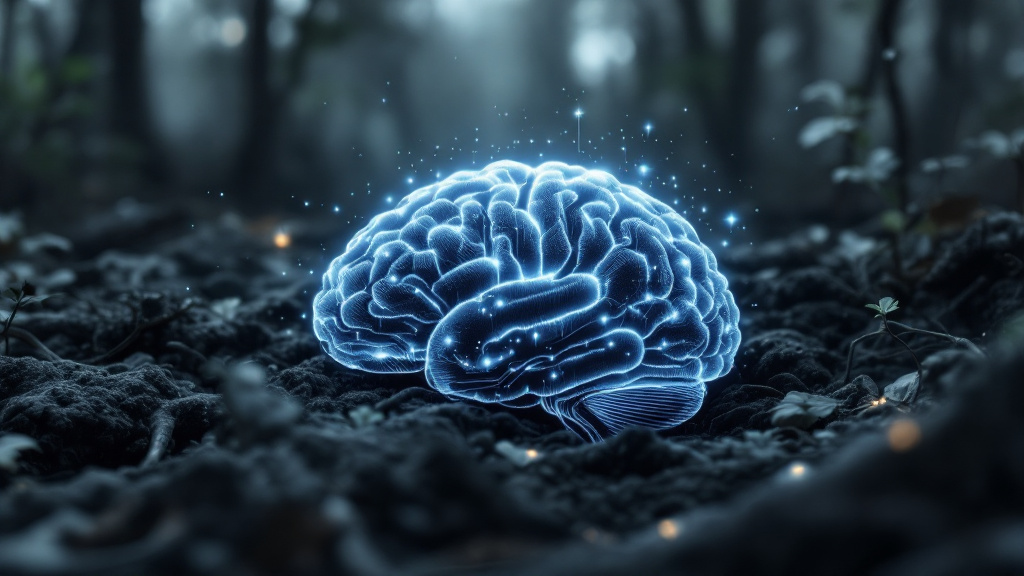Understanding the Challenge of Internet Addiction
In our increasingly digital world, internet addiction has emerged as a significant concern, characterized by compulsive online behaviors that adversely affect individuals' daily lives. Whether it impacts relationships, work, health, or academic success, this phenomenon necessitates effective treatment approaches. This article delves into the various treatment methodologies, therapeutic strategies, and supportive measures essential in managing internet addiction effectively.
Recognizing and Diagnosing Internet Addiction
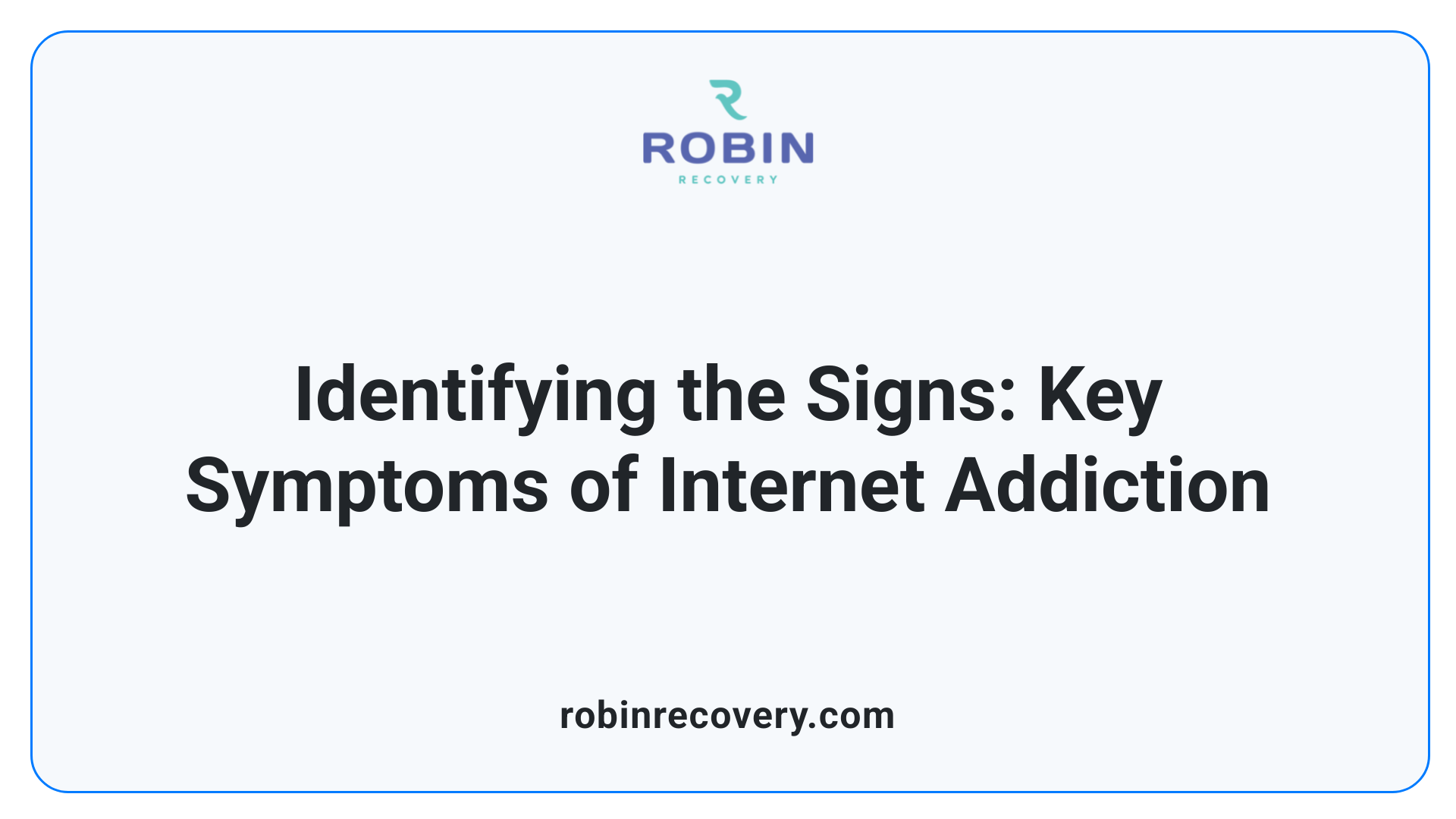
Signs and symptoms of internet addiction
Recognizing internet addiction involves identifying multiple signs that indicate excessive online behavior. Common symptoms include:
- Increased Time Online: Spending larger amounts of time online to achieve the same level of satisfaction.
- Withdrawal Symptoms: Experiencing anxiety, depression, or irritability when unable to access the internet.
- Neglecting Responsibilities: Ignoring personal, professional, or academic obligations due to internet use.
- Physical Ailments: Suffering from headaches, eye strain, sleep disturbances, or poor personal hygiene.
These signs are often reflective of underlying issues, such as anxiety or low self-esteem, especially in those more susceptible to developing internet addiction.
Assessment tools and diagnostic criteria
To accurately diagnose internet addiction, healthcare professionals utilize various assessment tools. Two prominent tools are:
- Internet Addiction Test (IAT): Developed by Dr. Kimberly Young, this test evaluates the degree of dependency on the internet by assessing mood changes, interpersonal relationships, and work health.
- Compulsive Internet Use Scale (CIUS): Measures the compulsiveness of internet use and defines the severity of the addiction.
The diagnosis often relies on a combination of these tools and clinical interviews to develop a comprehensive understanding of the individual's internet use patterns, allowing for tailored treatment plans that consider the specific type and severity of addiction.
What are some general strategies to stop internet addiction?
To stop internet addiction, it's important to monitor and limit your internet usage by setting specific time limits and utilizing tools that restrict access to certain applications. Recognizing signs of addiction, such as declining grades, erratic sleep patterns, and interpersonal issues, can help individuals identify the problem early on. Engaging in counseling and seeking support from friends or family can provide additional motivation and accountability. Developing alternative interests and hobbies can also shift focus away from excessive internet use. Lastly, regularly reviewing and reflecting on your internet habits can help you stay aware of your usage and its impact on your life.
Exploring Treatment Modalities
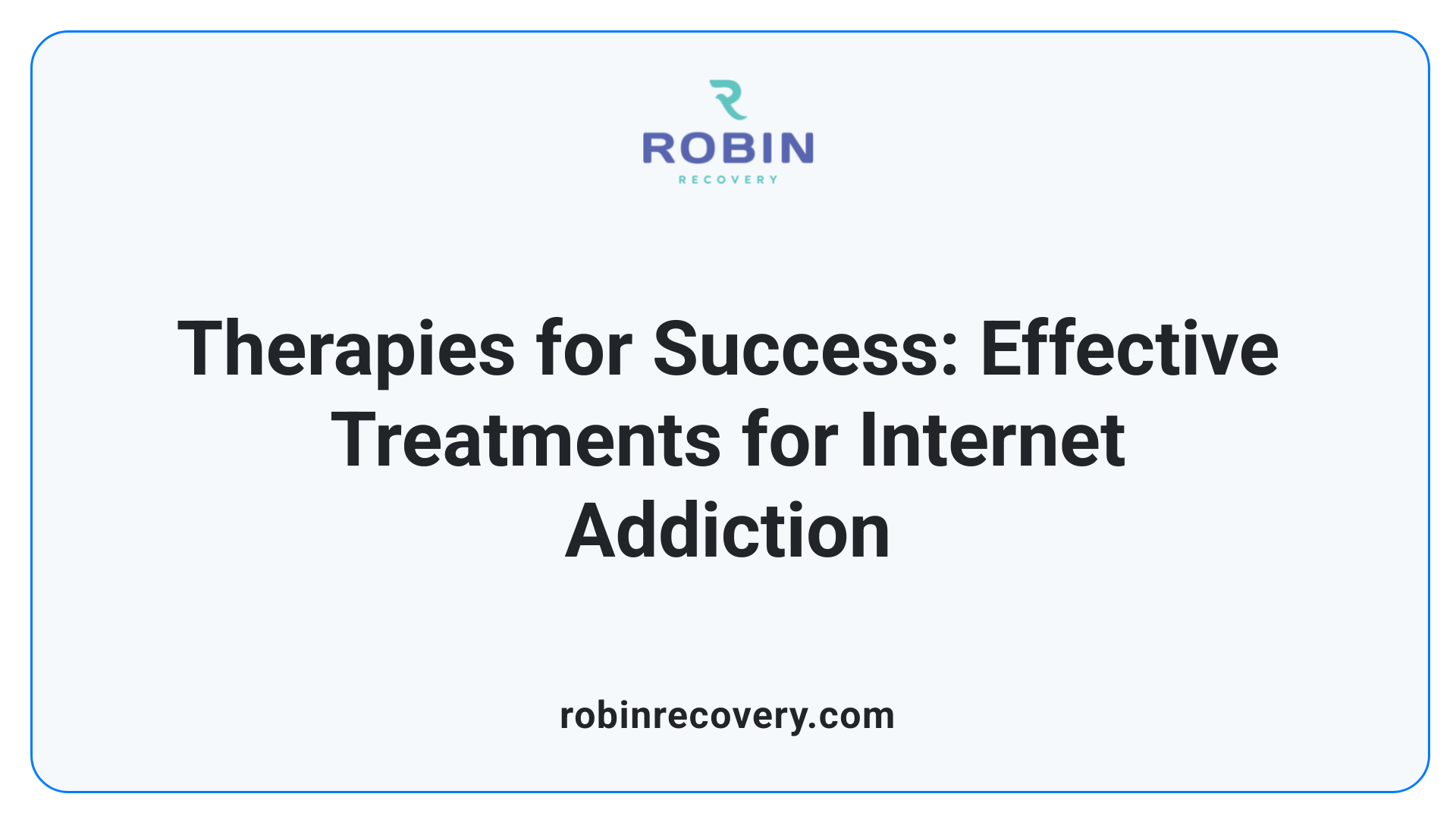
Which therapies are typically involved in treating internet addiction?
Treating internet addiction typically involves various therapeutic approaches that cater to the individual’s specific needs. Cognitive-behavioral therapy (CBT) is one of the most common therapies used. It helps individuals identify and change negative thought patterns that contribute to compulsive internet use. Alongside CBT, group therapy offers supportive environments where individuals can share experiences and coping strategies.
In addition to talk therapies, some treatment plans may incorporate medications to address underlying mental health issues, such as anxiety or depression. These medications aim to reduce intrusive thoughts about online activities, allowing individuals to focus on recovery.
Moreover, exercise is increasingly seen as an important component of therapy. Engaging in physical activities can help mitigate the effects of limited internet use by boosting dopamine levels in the brain, often alleviating symptoms such as agitation or irritability.
The overall goal of treatment is to achieve a balanced approach to internet use. This involves setting boundaries that allow individuals to fulfill their personal and professional responsibilities while still enjoying the benefits of technology. Ultimately, effective management of internet addiction focuses on helping people find a healthy equilibrium between online engagement and their real-life obligations.
| Therapy Type | Focus | Benefits |
|---|---|---|
| Cognitive Behavioral Therapy | Changing negative thought patterns | Improved awareness of behaviors |
| Group Therapy | Shared experiences and support | Connection with peers |
| Medication | Managing underlying conditions | Control of intrusive thoughts |
| Exercise | Alleviating withdrawal symptoms | Boosts mood and dopamine levels |
The Role of Pharmacological Interventions
Medication in Managing Co-occurring Disorders
Pharmacological treatments for internet addiction often focus on underlying mental health issues such as depression and anxiety rather than addressing the addiction itself. Medications may help stabilize mood and control intrusive thoughts related to internet use. For individuals with an internet addiction disorder (IAD), these medications can mitigate withdrawal symptoms and support a more sustainable recovery journey.
Combining Therapies for Enhanced Outcomes
Research indicates that combining pharmacological interventions with behavioral treatments such as cognitive-behavioral therapy (CBT) maximizes treatment efficacy. For instance, recent studies show that rTMS paired with CBT produces statistically significant improvements. This integrative approach not only addresses the addiction symptoms but also fosters coping mechanisms and promotes healthier online behaviors for individuals struggling with IAD.
Integrating Technology-Based Solutions
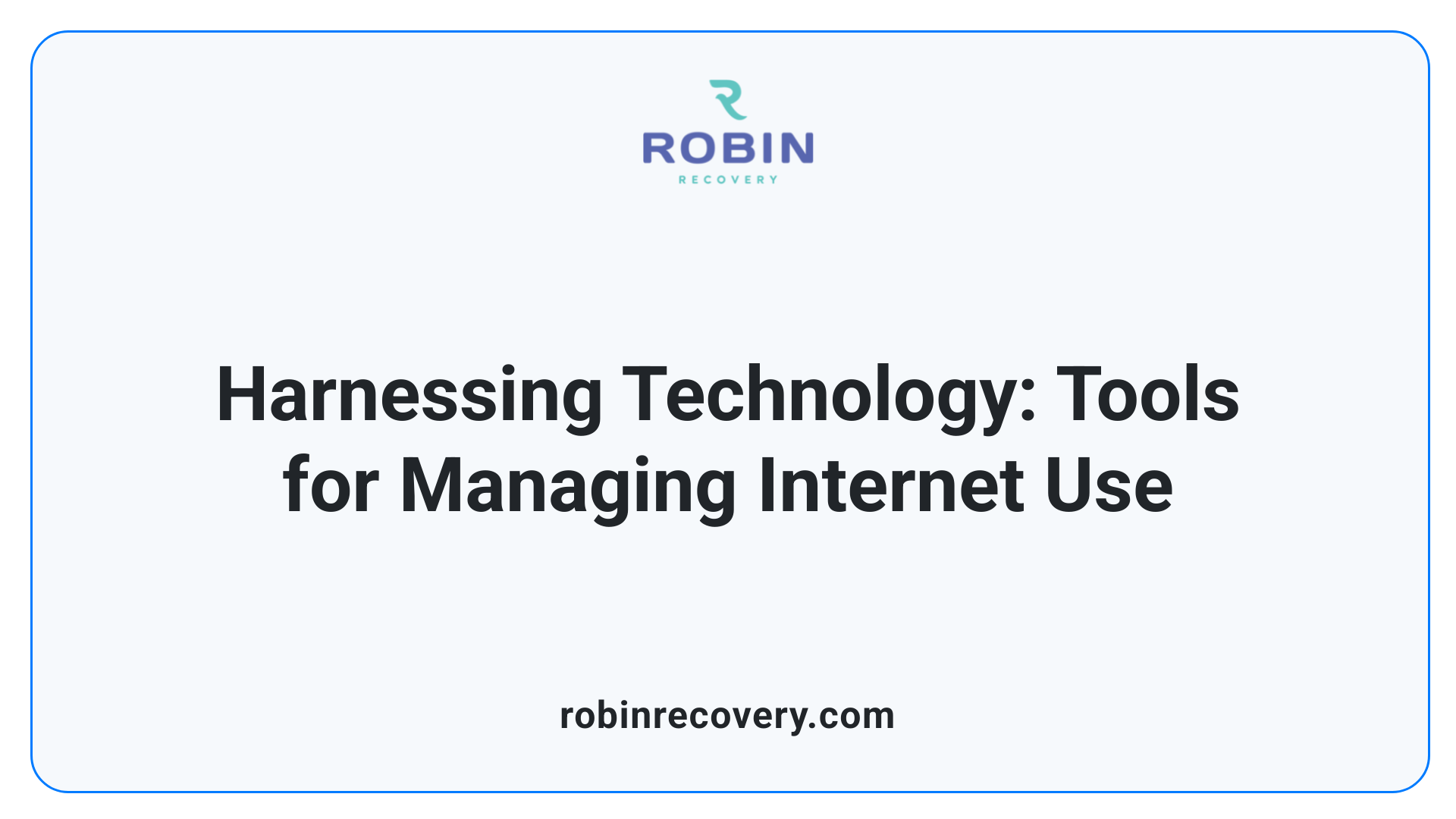
Digital tools and applications for managing internet use
Technology can play a vital role in addressing internet addiction by providing digital tools designed to monitor and manage online behavior. Various smartphone applications are available that allow users to track their internet usage patterns, set time limits on apps, and provide reminders for breaks. These tools can help foster self-awareness regarding online habits, enabling individuals to make more conscious choices about their internet consumption.
Structured digital detox programs
Digital detox programs offer structured plans to help individuals step away from their devices and reconnect with offline activities. These programs often include scheduled breaks from the internet and activities designed to promote engagement in physical, social, and creative pursuits. Participants may find themselves participating in workshops, group sessions, and guided experiences that foster healthy interactions without the use of technology. The goal is to create a balanced relationship with the digital world and reduce dependency without feeling completely cut off from it.
| Technology-Based Solution | Description | Purpose |
|---|---|---|
| Smartphone apps | Track usage, set limits, provide reminders | Increase self-awareness of online habits |
| Digital detox programs | Scheduled breaks and activities away from the internet | Reconnect with offline life and balance internet use |
Support Systems and Group Therapy
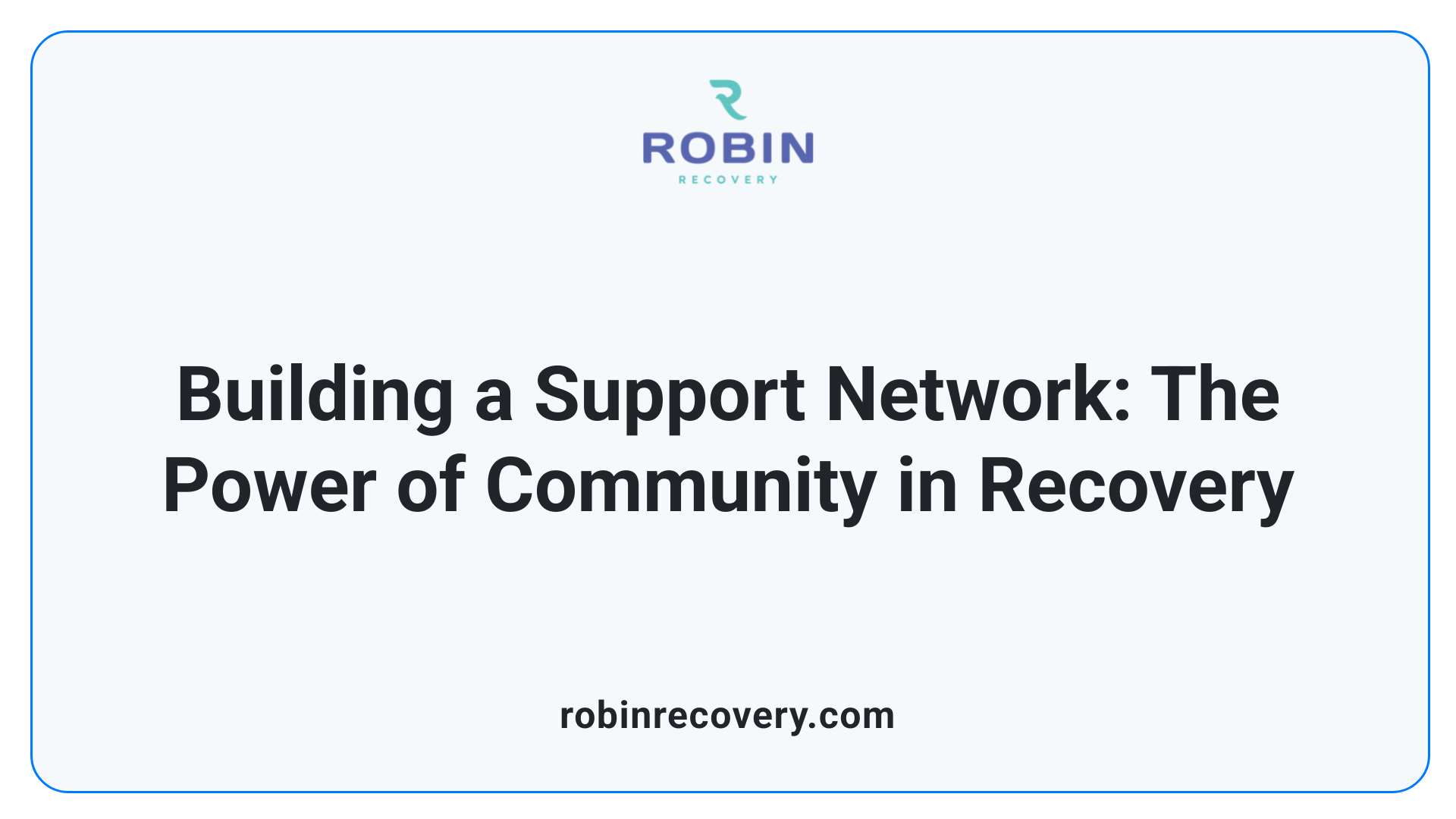
Importance of Support Groups and Family Involvement
Support systems play a crucial role in the recovery from internet addiction. Group therapy facilitates shared experiences and encourages accountability among individuals facing similar challenges. Involving family members in the recovery process can strengthen relationships and provide an understanding platform for discussing struggles related to internet use.
Support groups can offer a safe space where members can share coping strategies and emotional support. The presence of empathy and understanding in these settings can significantly influence recovery outcomes, fostering feelings of community and belonging.
Psychosocial Interventions
Psychosocial interventions, which often accompany professional treatment, include therapies such as Cognitive Behavioral Therapy (CBT) and group therapy sessions tailored specifically to address internet addiction. These sessions help individuals understand the underlying issues leading to excessive internet use, equipping them with effective strategies to regain control.
Is there a 12-step program to support individuals with technology addiction?
Yes, there is a 12-step program to support individuals with technology addiction, specifically through Internet and Technology Addicts Anonymous (ITAA). This fellowship helps individuals recover from various types of internet and technology addictions, including social media, gaming, and online shopping. ITAA offers free, open meetings emphasizing safety and anonymity, welcoming people of all ages and backgrounds in multiple languages. Participants focus on achieving manageable technology use rather than complete abstinence, allowing them to set personal rules for navigating their internet habits. For those seeking additional support, resources like the SAMHSA National Helpline are also available, providing confidential assistance for individuals facing mental health or substance use challenges.
Evaluating the Effectiveness of Treatment Programs
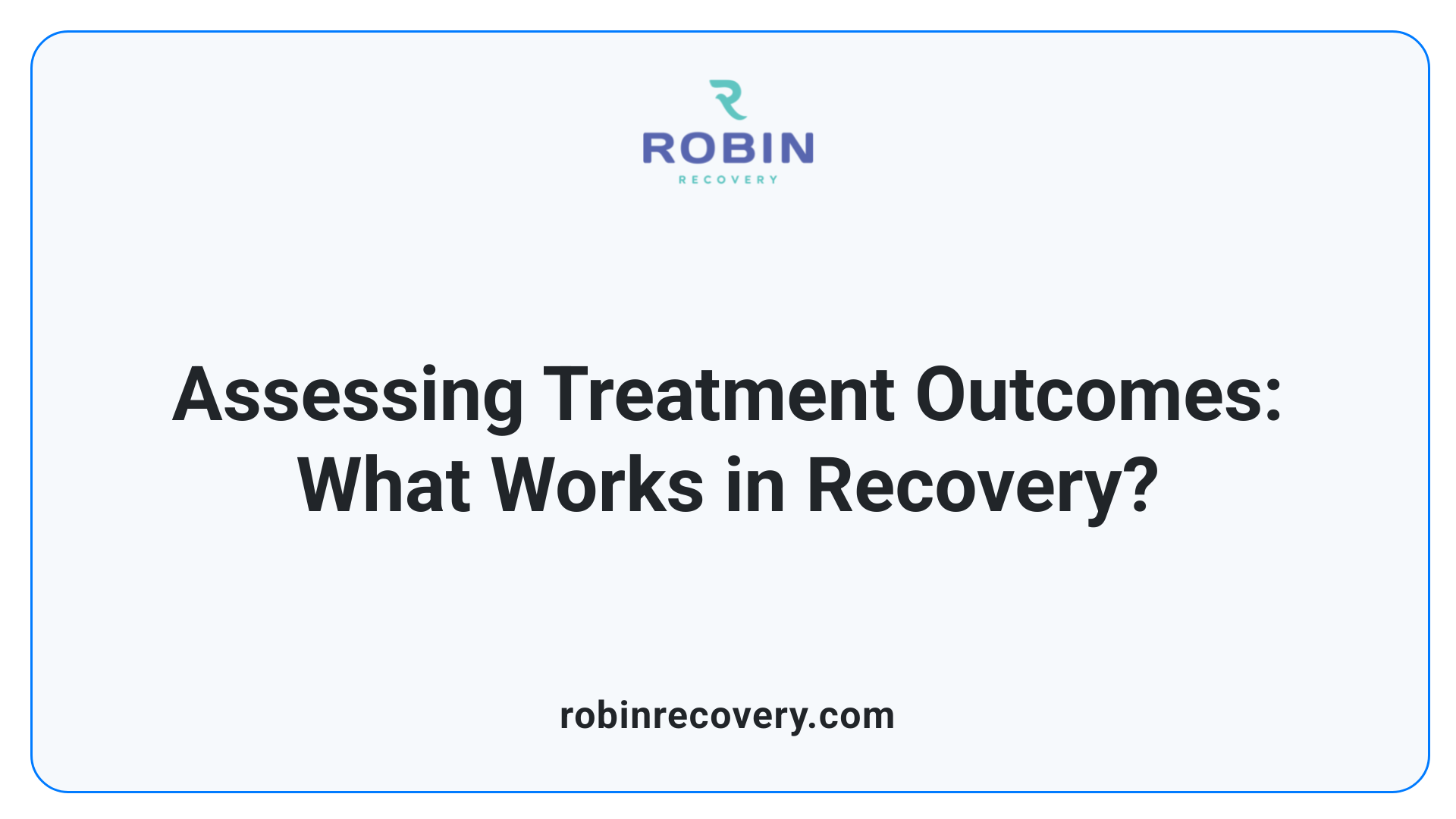
What are common treatment methods for technology addiction?
Treatment methods for internet addiction encompass a variety of approaches. Cognitive-behavioral therapy (CBT) is widely recognized as an effective strategy, focusing on modifying compulsive online behaviors and fostering healthy coping mechanisms. Additionally, counseling from mental health professionals plays a crucial role by providing tailored support and guidance to individuals struggling with addiction.
Support groups, such as Internet and Technology Addicts Anonymous, can help create a sense of community among individuals facing similar challenges, allowing for shared experiences and strategies which can reinforce recovery efforts. In more severe cases, pharmacological treatments may be applied. Medications like naltrexone may be prescribed to address co-occurring mental health issues, such as anxiety or depression, which often accompany internet addiction.
Preventive measures are also essential, focusing on educating individuals, especially children and adolescents, about the potential risks associated with excessive internet use. Promoting balanced habits can support long-term well-being and mitigate the risk of addiction.
Research insights from meta-analyses
A systematic review has evaluated various treatment interventions for internet addiction, revealing substantial insights into their effectiveness. This analysis incorporated findings from over 57 randomized controlled trials, detailing that comprehensive treatment methods often yield the best results. For instance, combining rTMS (repetitive transcranial magnetic stimulation) with CBT demonstrated significant improvements, suggesting that multi-faceted approaches may enhance outcomes compared to singular treatment modalities.
The average effect size of 1.61 from psychological and pharmacological interventions indicates a considerable positive impact on reducing addiction severity, depression, and anxiety levels experienced by patients. The evidence emphasizes the need for personalized treatment plans tailored to individual circumstances, which can further improve the efficacy of recovery efforts.
| Treatment Method | Type | Effectiveness |
|---|---|---|
| Cognitive-Behavioral Therapy (CBT) | Psychotherapy | Effective in modifying compulsive behaviors |
| Repetitive TMS | Neuromodulation | Enhanced effectiveness when paired with CBT |
| Support Groups | Community Support | Offers shared experiences and coping strategies |
| Pharmacological Treatments | Medication | Addresses underlying mental health conditions |
| Preventive Education | Community Outreach | Promotes healthy habits, especially in youth |
Practical Solutions and Strategies for Recovery
Developing Healthy Internet Habits
To manage internet addiction effectively, it’s essential to cultivate healthier habits online. This could involve setting specific limits on daily internet usage. For example, using apps that track and restrict access to certain sites can promote self-discipline. Additionally, individuals should try to establish designated times for internet use, creating a balance between online activities and real-life obligations.
Practicing mindfulness while online can also help. This approach encourages users to be aware of their behaviors and to reflect on their online activities, thus reining in compulsive use. Supportive communication strategies, such as discussing concerns with friends or family, can further reinforce healthier habits.
Engaging in Alternative Offline Activities
Engaging in offline activities is crucial for recovering from internet addiction. Identifying hobbies or interests that provide fulfillment—such as exercise, reading, or practicing a craft—can divert attention away from excessive internet use.
Physical activity is particularly beneficial; it not only distracts from the urge to go online but also boosts mood and overall physical well-being. Joining local clubs or groups that share similar interests can foster social connections and reduce feelings of isolation, promoting a more balanced life.
By combining these strategies—developing healthy internet habits and actively pursuing offline activities—individuals can effectively work towards a healthier relationship with technology.
Towards a Balanced Digital Lifestyle
Ultimately, the journey to overcoming internet addiction requires a multifaceted approach, combining therapy, support, and practical lifestyle adjustments. By understanding the signs of addiction, employing effective treatment methods, and leveraging support systems, individuals can reclaim control over their digital habits and foster a harmonious relationship with technology. As awareness and research continue to grow, so too will the opportunities for individuals to find the help they need to lead healthier, more balanced lives.
References
- Internet Addiction Management: A Comprehensive Review of ...
- Internet addiction | Better Health Channel
- Understanding Internet Addiction Disorder - Caron Treatment Centers
- 5 Types Of Internet Addiction - Get Help Today
- Treating Internet Addiction
- Internet Addiction - Duke Personal Assistance Service
- Effects of different interventions on internet addiction - BMC Psychiatry
- 3 Tips to Help Someone With an Internet Addiction - GoodRx
- Treatment of internet addiction: A meta-analysis - ScienceDirect
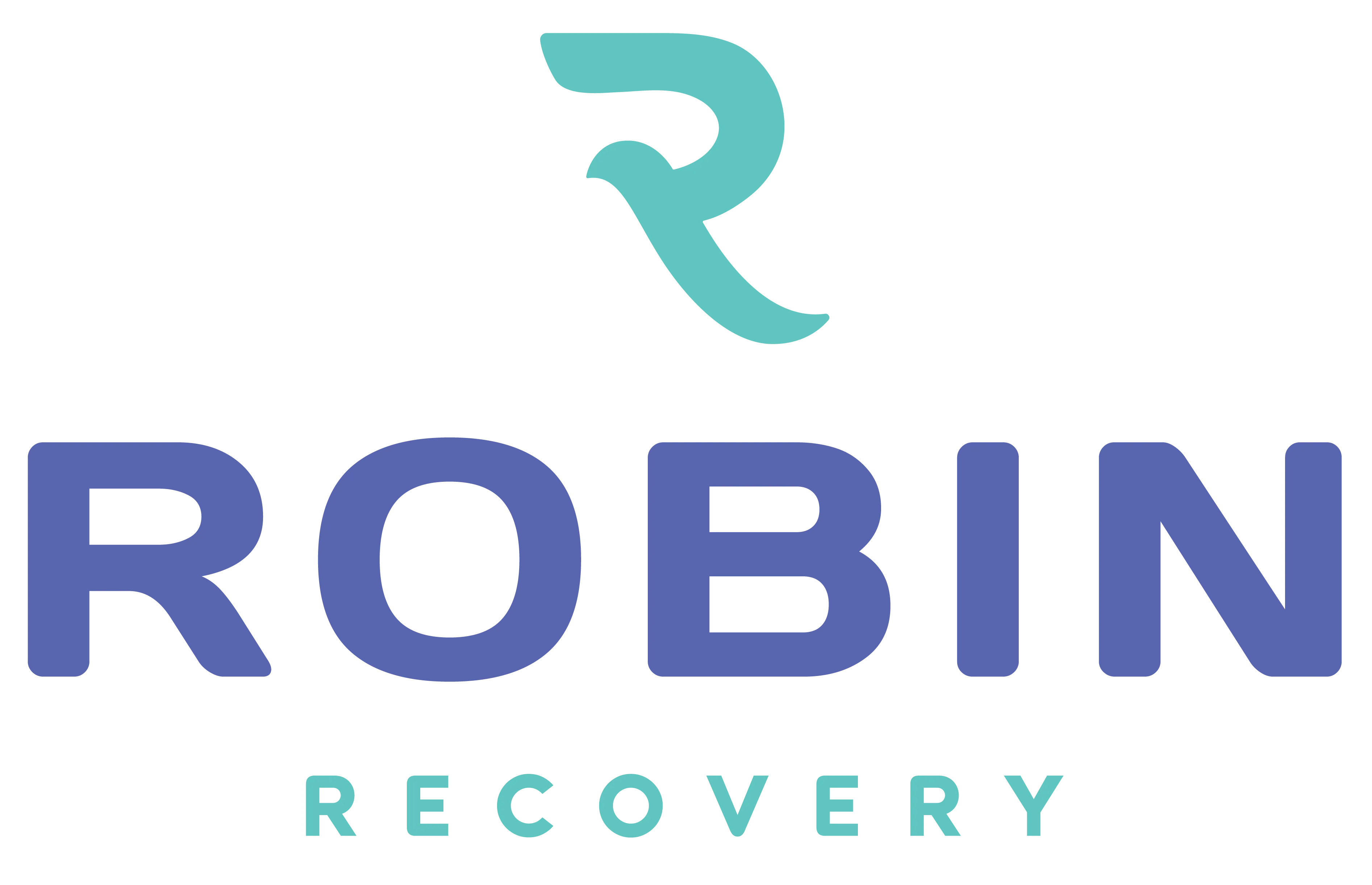
.svg)

.svg)

.svg)
.svg)








